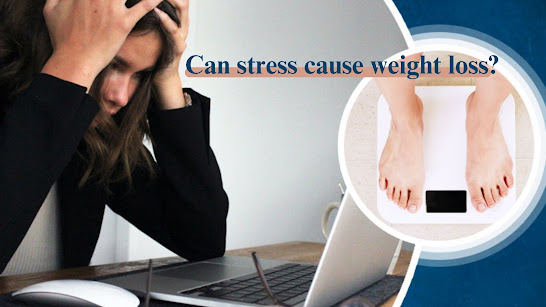Can psychedelic drugs treat depression? Is it safe to use???
The term
"depression" refers to a mood disorder.
It might be characterised as melancholy, grief, or rage that interferes with
daily tasks. Also, it's very typical. Centers for Disease Control and
Prevention information According to Trusted Source, 18.5% of American adults in
any given 2-week period in 2019 experienced depressive symptoms.
Despite the
similarities between depression and grief, sadness or grief experienced after a
tragic incident or the loss of a loved one are not the same as depression.
Grief normally does not involve self-hatred or a loss of self-esteem, although
depression frequently does. Positive feelings and joyful recollections of the
deceased frequently go hand in hand with emotional suffering while someone is
grieving. Sadness is a persistent feeling in major depressive disorder.
Studies are finding
psychedelic therapy could reverse debilitating effects of depression, anxiety,
eating disorders and PTSD (post-traumatic stress disorder). Psychedelic
therapy is the use of psychedelic substances, often alongside traditional
talk therapy (psychotherapy), as a treatment for mental health issues such as
anxiety, depression, suicidality and PTSD. Some types of psychedelic drugs,
such as psilocybin and MDMA (ecstasy), have shown promise as therapies for
treatment-resistant depression and post-traumatic stress disorder.
They appear to work by encouraging the growth
of new connections between neurons in the brain. Overall, available evidence
suggests serotonergic psychedelics impact depression, in part through serotonin
receptor agonism, neurogenesis,
immunomodulation, widespread changes in connectivity within the brain, and
psychological effects. When paired with therapy, appear to
stave off mental health disorders for longer – for some, perhaps even forever.




Comments
Post a Comment